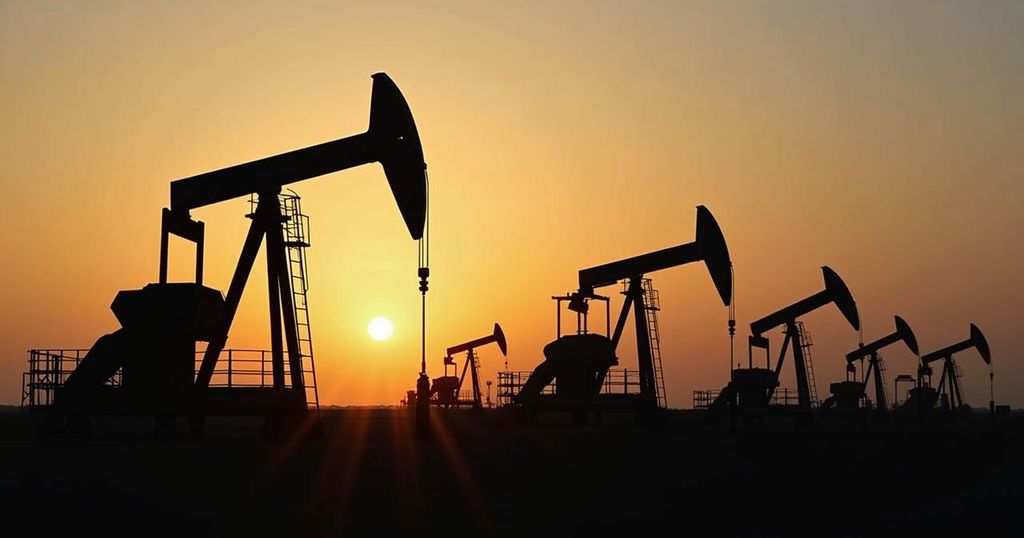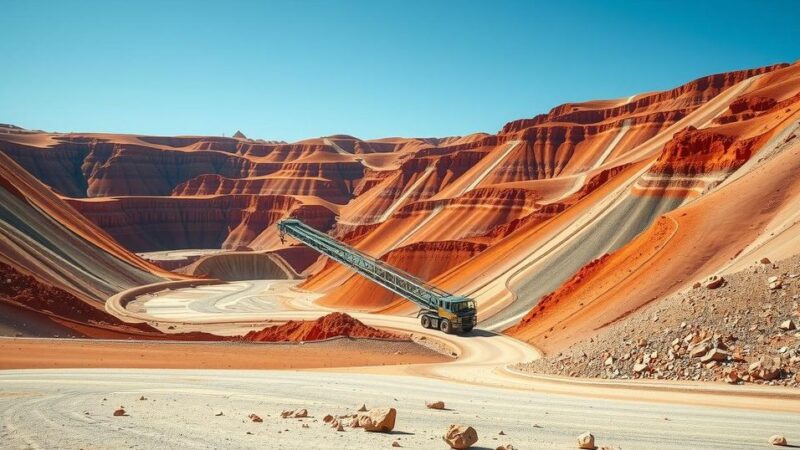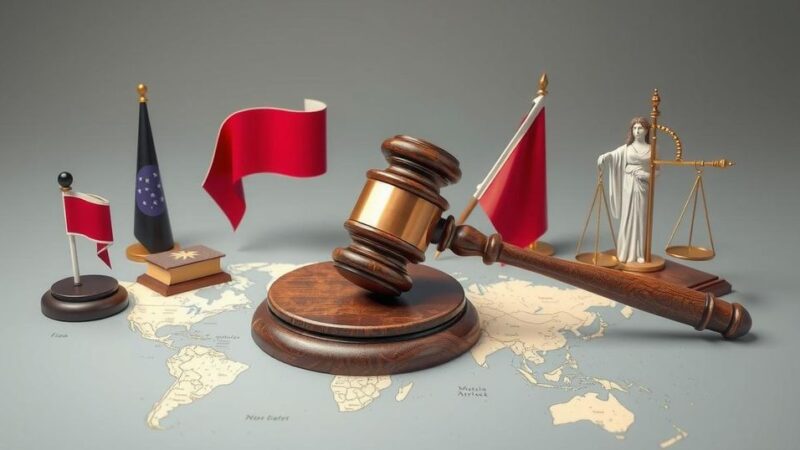Bolivia has stopped gas exports to Argentina as of September 18, 2024, marking the end of nearly 20 years of this trade. Argentina is set to become a gas exporter, reducing its reliance on Bolivian supplies due to declining imports. Despite this shift, Bolivia continues to export gas to Brazil, while energy companies explore alternative gas routing options amidst tariff negotiations.
According to recent reports from Reuters, Bolivia has officially ceased natural gas exports to Argentina as of September 18, marking the end of a significant energy relationship that has persisted for almost two decades. This cessation was confirmed by Yacimientos Petroliferos Fiscales Bolivianos (YPFB), Bolivia’s state-run oil and gas company. The shift comes amidst Argentina’s ongoing efforts to address its negative energy trade balance, as the nation is nearing completion of projects that will enable it to export gas both to neighboring countries and to global markets via liquefied natural gas (LNG). In recent months, Bolivia’s gas supply to Argentina dwindled to merely 2 million cubic meters per day, a fraction of Argentina’s consumption of approximately 130 million cubic meters per day. Although there was an initial agreement to conclude exports in July, both nations extended the contract by two months; however, warm weather and reduced demand have now allowed Argentina to halt imports altogether. Despite losing its export market with Argentina, Bolivia continues to supply gas to Brazil, where executives suggest that the existing pipeline infrastructure may soon facilitate gas transport from Argentina’s Vaca Muerta shale formation in response to regional demand issues. While Bolivia proposed to charge a transit fee for gas exports traversing its pipelines to Brazil, negotiations have proven challenging. The Argentinian government has described Bolivia’s proposed tariffs as “too high,” and discussions have been protracted, reflecting complexities surrounding energy supply arrangements in South America. Consequently, Argentina and Brazil are exploring alternative routes through Uruguay and Paraguay to manage gas supplies effectively. Nevertheless, energy experts assert that reversing Bolivia’s pipeline flow remains the most straightforward solution for securing Argentine gas for its neighboring markets.
Bolivia has historically been a key player in the South American natural gas market, especially in its exports to Argentina. However, as Argentina increasingly seeks to enhance its energy independence and address its long-standing negative trade balance in energy, it has advanced projects to become a gas exporter itself. This shift has involved enabling the infrastructure necessary to allow for exports of gas not only within the continent but also to international markets. The cessation of Bolivian gas exports signifies a pivotal moment in regional energy dynamics, spotlighting the evolving energy strategies of both Bolivia and Argentina.
The cessation of gas exports from Bolivia to Argentina culminates a significant chapter in South America’s energy trade, which has been characterized by Bolivia’s once-prominent role as a gas supplier. The development aligns with Argentina’s aspirations to bolster its energy export capability through new infrastructure projects. While navigating tariff negotiations remains a complex challenge, the pivot indicates a substantial shift in regional energy reliance and interconnectivity strategies. Future gas supply routes and agreements will likely redefine the energy landscape in South America.
Original Source: www.worldpipelines.com







